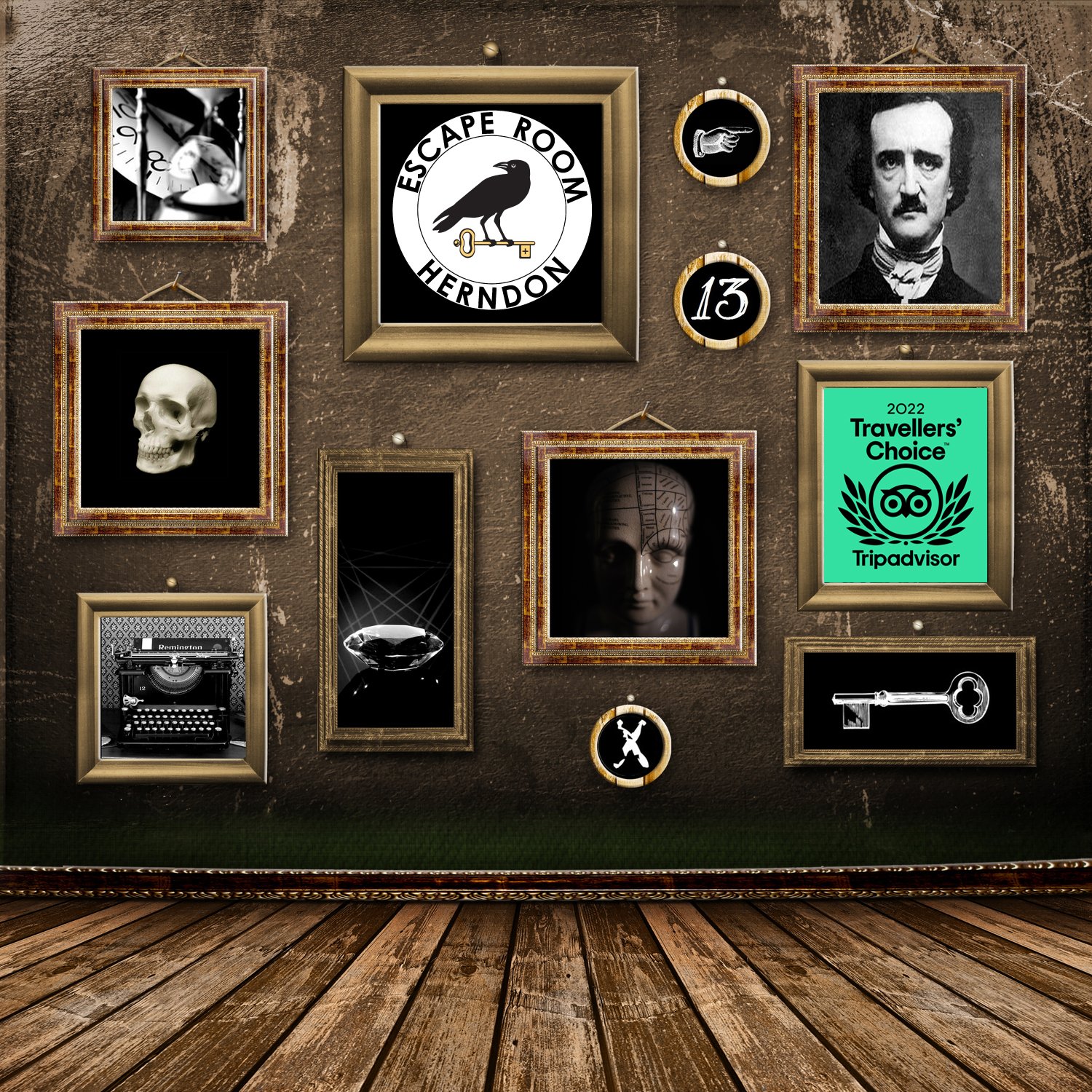Escape Room Minneapolis Mall of America-- Immersive and Fun
Escape Room Minneapolis Mall of America-- Immersive and Fun
Blog Article
Group Approaches: Just How to Collaborate Effectively in a Retreat Area
Teams have to actively listen to each participant's insights, designate functions that align with specific strengths, and keep regular check-ins to make certain emphasis and stop redundancy. By fostering a setting that values cohesion and versatility, groups can substantially enhance their performance and success prices.
Establish Clear Communication

To facilitate clear interaction, it is necessary to assign a central point of call for details circulation. Short, focused updates from each group member can keep the group educated without overwhelming them with information.

Designate Duties Purposefully
While clear communication sets the structure for reliable team effort, appointing roles purposefully ensures that each staff member's staminas are used properly. In an escape space circumstance, the time-sensitive and intricate nature of challenges necessitates an efficient technique to task delegation. By identifying and leveraging individual proficiencies, groups can enhance their problem-solving capacities and improve total performance.
A person with a keen eye for detail could stand out in discovering concealed things, while a rational thinker could be better fit to addressing problems. This function commonly requires solid organizational and social skills.
Second, make certain that roles are flexible and adaptable. As new challenges arise, the group has to be able to pivot, reapportioning tasks as needed. This versatility helps maintain energy and protects against traffic jams that might happen because of rigid role jobs.
Inevitably, a critical strategy to function project not only takes full advantage of the toughness of each group participant however also cultivates a natural atmosphere, driving the group in the direction of a successful escape.
Make Use Of Diverse Skills
Recognizing and using the diverse skills within your team can dramatically elevate your efficiency in an escape area. Each team participant brings unique toughness to the table, and effectively leveraging these capacities can speed up analytic and enhance total efficiency. A team participant with solid logical abilities might stand out at deciphering complicated codes or patterns, while one more with eager observational capabilities might promptly identify surprise clues that others may ignore.
Reliable communication is essential to using these varied abilities. Motivate employee to articulate their insights and concepts quickly, making certain that all possible services are taken into consideration. This comprehensive approach fosters a vibrant environment where creativity and important reasoning can prosper. In addition, assigning tasks that align with each member's strengths can prevent bottlenecks and guarantee that development is constant.
Additionally, diversity in skills frequently translates to variety in believing designs, which is invaluable in image source a retreat area setting. While some challenges might need rational reasoning and accuracy, others could take advantage of imaginative and association of ideas. By acknowledging and leveraging this diversity, groups can attend to a wider range of challenges more properly, consequently enhancing their opportunities of an effective escape.
Manage Time Properly

First, designate preliminary minutes for a quick study of the area. Recognize visible puzzles and divide tasks based upon staff member' staminas, guaranteeing that nobody is still. Establish inner time checkpoints to evaluate progression occasionally; for example, goal to have half the challenges resolved by the mid-point of the game. This technique can assist keep the group concentrated and avoid time from escaping undetected.
Furthermore, stay clear of one-track mind. If a challenge is taking too long, turn group participants or relocate on to an additional challenge, returning later with fresh perspectives. Interaction is critical-- maintain everybody upgraded on fixed problems and staying tasks to prevent redundant initiatives.
Lastly, use any tips or clues moderately but purposefully - best escape room. Understanding when to request for help can conserve valuable time. By sticking to these time management principles, groups can dramatically enhance their opportunities of a successful and enjoyable getaway area experience
Debrief and Reflect
Reflection is a necessary aspect of team growth and improvement in the context of getaway rooms. When the obstacle is completed, whether effectively or otherwise, it is essential for the group to engage in a structured debriefing session. This procedure allows team participants to assess their performance, determine toughness, and determine areas for enhancement.
Start the debrief by discussing what worked out. Highlight certain instances of efficient interaction, analytic, and collaboration. Recognizing these positive basics habits enhances them and encourages their repeating in future difficulties.
Review minutes of confusion, miscommunication, or inadequate approaches. Urge an open and positive discussion where team members can share their perspectives without fear of criticism.
Verdict
In conclusion, successful collaboration in a retreat room is based upon clear communication, tactical role assignments, the efficient application of varied skills, and skilled time administration. By developing a natural and flexible group setting, the probability of efficiently visit here fixing problems and accomplishing the purpose of leaving the area is considerably boosted.
Report this page